How Lucy Guo conquered tech and became Miami’s No. 1 party girl
Lucy Guo is neighbors with David Beckham, but don’t ask her what he looks like.
“Every white guy looks the same to me, so I have been in the elevator with David Beckham a few times and I didn’t know it was him,” the tech developer, designer and investor told The Post. “The only reason I found out after was because my friends were in the elevator with me saying, ‘Oh my God, that was David Beckham.’”
But the soccer legend, who co-owns the MLS team Inter Miami CF, most likely knows who Guo is.
The 27-year-old has not endeared herself to her neighbors in the One Thousand Museum tower, where condos go for $6 million to $33 million. (Guo reportedly paid $6.7 million for hers.) In February, she threw a small dinner party that turned into a raucous soiree with more than 100 hackers — invited last minute via Twitter, naturally.
“People have different definitions of a party, but to me, it was a lot of engineers standing around talking about their projects, the future of web 3 and crypto,” she said.
But then there were the party’s other guests: a lemur and snake, which were rented from the Zoological Wildlife Foundation. (The baby tiger she wanted was not available.)
“The lemur was really well behaved,” Guo added. “It was very friendly and didn’t get freaked out by the noise and people. In fact, it was pretty much hugging and licking everyone.”
Needless to say, she received a letter from the building’s Homeowners’ Association detailing her violations — including life-safety issues, overcrowding, smoking and “interfering with other residents’ peaceful use and enjoyment of their properties.”
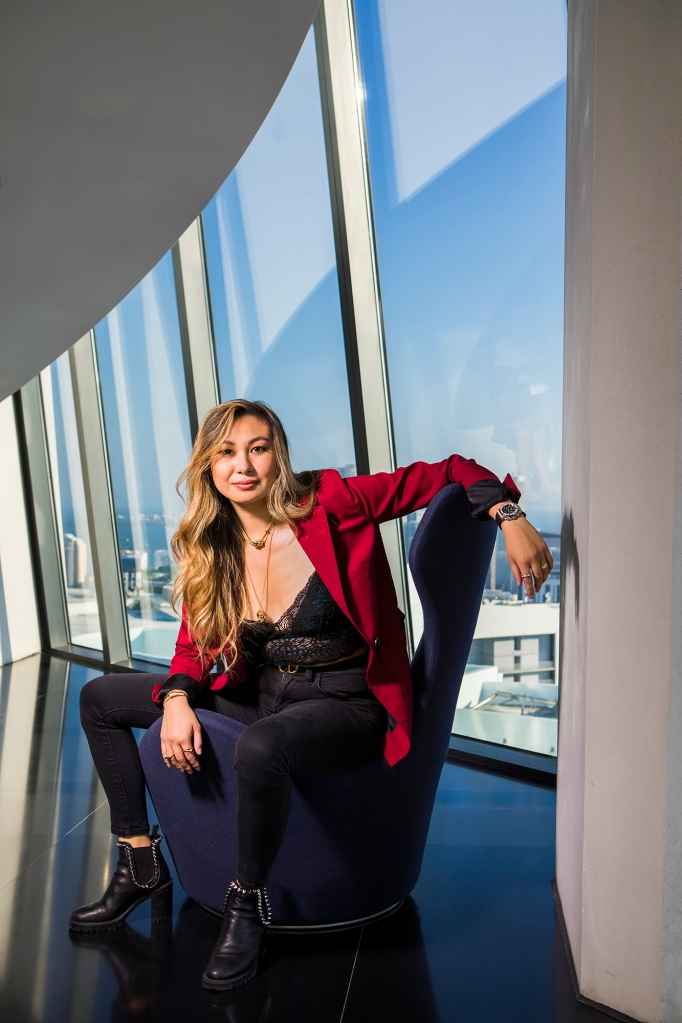
“I did get scolded by the HOA,” she said. “And, in all fairness, I probably deserved it.”
Adding salt to the wound, Guo shared the letter on her Instagram stories, with the caption, “My HOA hates me,” and it went viral. It could be seen as whining, or perhaps bragging about the situation. But Guo tends to hold nothing back on social media.
And that’s exactly what’s made her a success.
Guo is part of a new generation of powerful programmers, who blend their tech savvy with unfiltered observations plastered all over social media. Amongst her peers, she’s distinguished herself as one of the most outrageous — and successful — players in Silicon Valley. In fact, at the age of 23, Guo was anointed as one of the “30 Under 30 In Enterprise Tech” by Forbes in 2017.
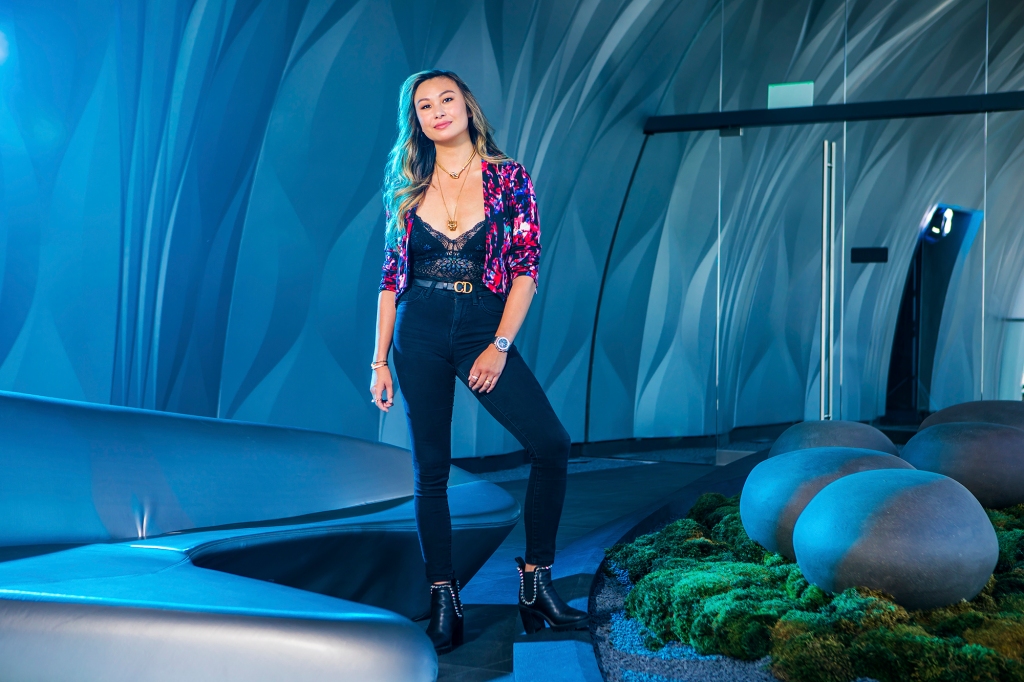
She learned how to code when she was in second grade in her native San Francisco. Guo’s parents, who immigrated from China, were both electrical engineers, but they dissuaded her from the profession — with her mother saying it was too hard for women to be successful in the field.
In middle school, Guo created one of the first Twitter bots, which allowed users to auto-follow based on specific hashtags. She started competing in hackathons — interactive events that bring computer programmers together to improve upon or build new software — in high school, and was accepted to Carnegie Mellon for college.
After two years, she applied to and was awarded the $100,000 Thiel Fellowship, created by entrepreneur and PayPal co-founder Peter Thiel to incentivize students 22 and younger to drop out of school and create a startup or pursue scientific research.

“In tech, it was almost a cool thing to drop out because all these people starting large companies were dropouts,” Guo said. “So, when I had the opportunity too, I was like, ‘Why not? What’s my worst-case scenario?’ I had already been offered jobs so I knew I would land somewhere, plus save two years of tuition.”
‘Every white guy looks the same to me, so I have been in the elevator with David Beckham a few times and I didin’t know it was him.’
Lucy Guo
Guo worked at the crowd-sourced Q&A site Quora for a few months before being hired by Snap, where she was the company’s first female designer and on the team designing localized stories for founder Evan Spiegel’s passion project, Snap Maps.
But Guo quickly felt the desire to innovate for herself. Inspiration struck in an Uber when she struck up a conversation with her driver, who recommended she meet Paige Craig, the angel investor who coined the term “Silicon Beach.”
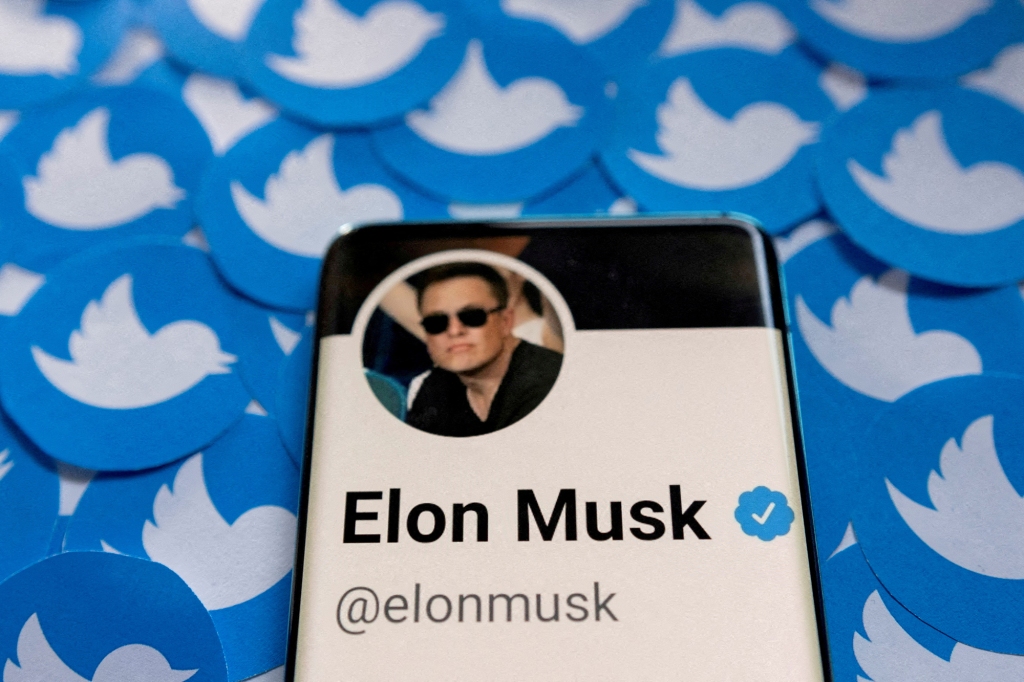
“I looked up Paige on Twitter and he was already following me,” she recalled. “So I just DMed him and was like, ‘Hey, I’m thinking about leaving Snap, kind of want to do a startup. Can you give me advice, feedback, whatever?’ We met up and afterwards he offered me a million dollars in funding.
“I had just gotten into Y Combinator at the same time, so I said, ‘Hey, I don’t want to take a million dollars, but I really like you and I’d love you on the cap table [as a company shareholder with equity], so I’ll just take 100K.’ He’s very happy about his 100K investment.”
At Y Combinator, a 12-week accelerator program that has incubated major tech companies like Dropbox and Twitch, Guo and her partner, Alexandr Wang, developed several ideas for a startup.

Eventually they hit on the idea to merge machine learning with people, or “API for humans,” which became the company Scale AI. It works with companies that need to analyze millions of data points, such as for a self-driving car.
Scale AI blew up and is now valued at $7.3 billion dollars. It works with companies that need to analyze millions of data points, such as for a self-driving car.
“We used a team of humans to label the data and, simultaneously, we were able to train machine learning models,” Guo said. “Machine learning makes the best guess, and the humans go in and correct the machine learning’s mistake. It’s cheaper for the company and they still get the most accurate data.”
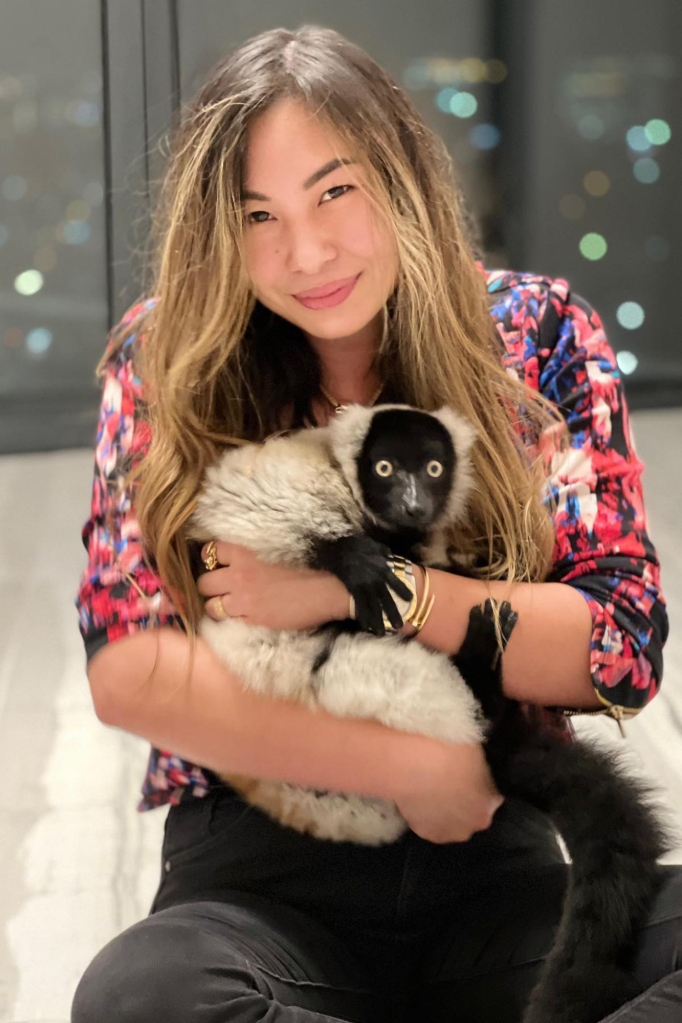
Clients have included Uber, GM Cruise, Alphabet and Liberty Mutual.
Today, Guo, who is single, is no longer with Scale AI, although she retains her equity. Now, as the founder of Backend Capital, which invests in startups, Guo can live anywhere and has spent time rotating between Los Angeles, New York and Singapore, where she spent the first three months of the pandemic.
“I had been homeless for two years,” she says before quickly correcting herself: “I was a nomad without an address.”
In December 2020, she was lured to Miami via Tweets from friends like Delian Asparouhov, a principal at Founders Fund and co-founder and President of Varda Space Industries; Keith Rabois, co-founder of Opendoor and general partner at Founders Fund; and Jack Abraham, founder of investment fund Atomic, who were leading the charge for Miami becoming the next Silicon Valley.
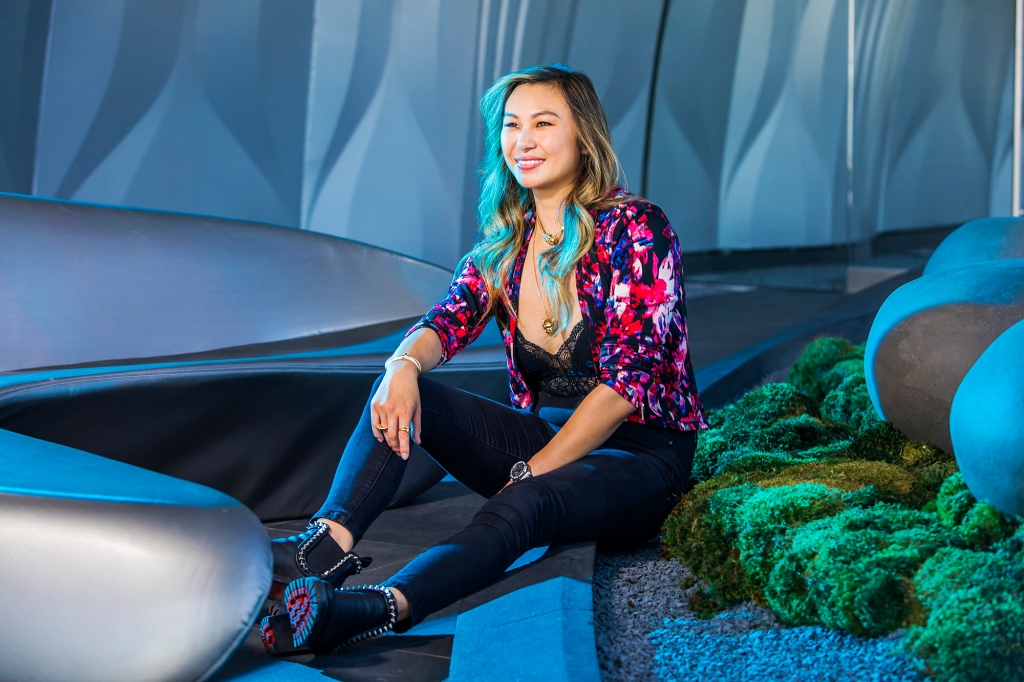
A year later, she bought the 4,727-square-foot luxury pad at the Zaha Hadid-designed One Thousand Museum. Now, her collection of Pokemon slippers, stuffies and artwork resides there, including a Swarovski-crystal Pokemon necklace by streetwear artist and jewelry designer Dan Life. Guo also has a Mutant Ape NFT and a multimedia piece by artist ThankYouX, who pairs physical canvases with NFTs.
A big Twitter user, Guo is a fan of potential new owner Elon Musk. “If I were as rich as Elon Musk, I’d be doing the stuff he does,” she said. “He’s funny for sure and I like how outspoken he is. People think he’s a little crazy on Twitter — even I think he’s a little crazy on Twitter — but I appreciate it because I know I’m a little crazy on social media.
“A lot of people don’t like me because, honestly, I seem like an a–hole online. I would not like me on the internet,” she added. “But I’ve made a lot of friends because I think people appreciate my savage personality.”
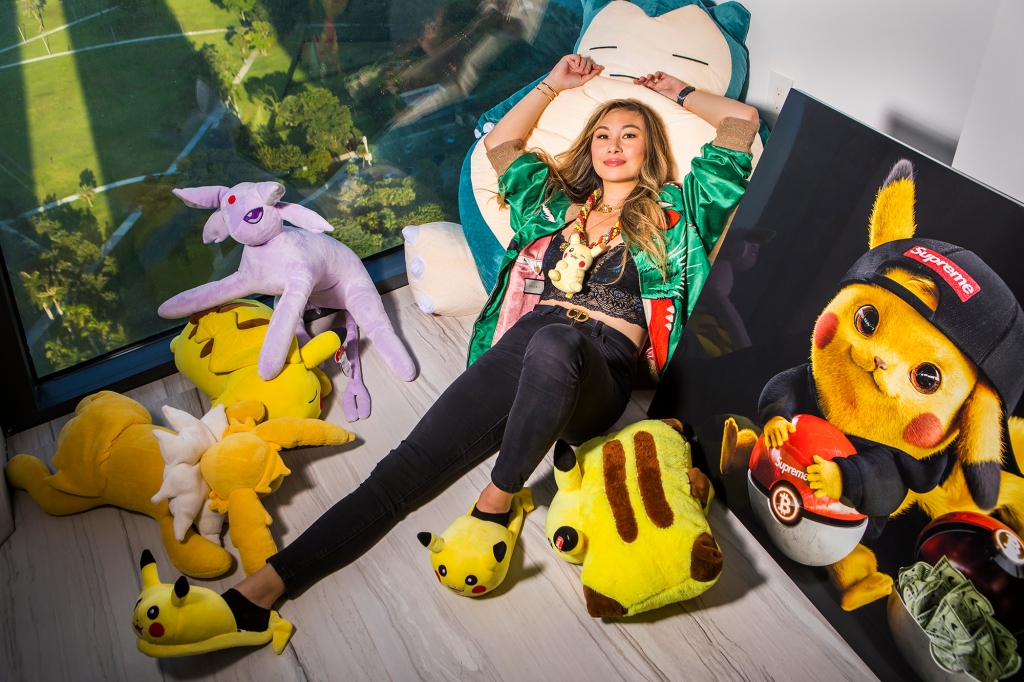
Guo is also fearless in her spare time. She has a skydiving license, diving certification and motorcycle license and hopes to get her paragliding license, too. And despite breaking her jaw on an electric skateboard, she still rides. Her twice-daily sweat sessions at Barry’s Bootcamp are legendary among her 73,000 Twitter and Instagram followers, making her something of a walking billboard for the brand.
“I don’t care about looking cute at Barry’s,” she said. “I just want to do my two workouts and feel dead after. I have so much energy to burn.”
Photos: Sonya Revell; Hair/Makeup: Bea Diaz
Read the full article Here


